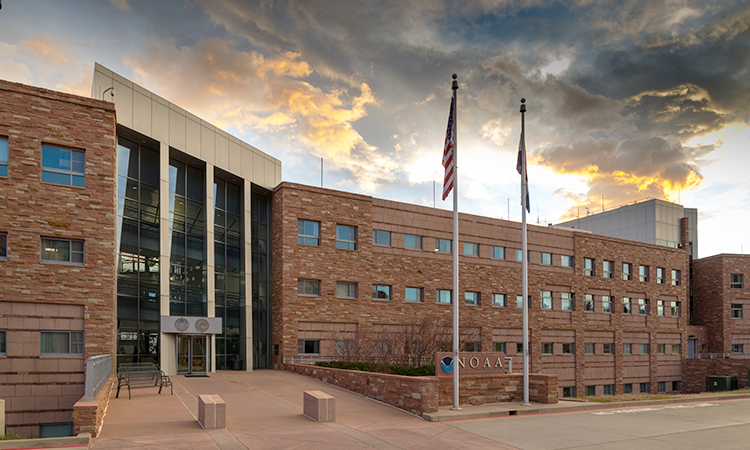Seminar
Laboratory studies of the oxidation of atmospheric organics: Carbon closure and multigenerational aging

Jesse Kroll, Civil and Environmental Engineering, MIT
Friday, April 21, 2017, 10:00 am Mountain Time
DSRC 2A305
Abstract
The oxidation of organic species is central to the chemistry of the atmosphere, playing a major role in the control of oxidant levels, and forming key products such as ozone and secondary organic aerosol. However our understanding of organic oxidation processes is limited by their immense chemical complexity – each oxidation step can form of a large number of product species, each of which can react further to form still more products, and so on over multiple generations of oxidation. This talk will describe laboratory studies aimed at describing the evolving composition of organic oxidation systems, over the equivalent of hours to days in the atmosphere. Organic species are oxidized within an environmental chamber, and reactants, intermediates, and products are measured using a suite of mass spectrometric instruments, providing a comprehensive picture of the chemical composition of the entire organic mixture. From these combined measurements, the organic species can be described in terms of total carbon mass as well as distributions of key ensemble properties (such as oxidation state and volatility) that can be used to inform model frameworks. Results to be discussed will include the “completeness” of the instrument suite (carbon balance), the formation and evolution of particulate matter, and the changes to key chemical properties of the organic carbon upon multigenerational oxidation.
Prof. Jesse Kroll heads The Kroll Lab in the Departments of Civil and Environmental Engineering and Chemical Engineering at MIT, studying the chemistry or organic compounds in the earth's atmosphere. Research in the group involves laboratory studies, fieldwork, and instrument development aimed at understanding the lifecycle (emissions, transformation, and loss) of atmospheric organic species. A central theme is the chemistry underlying the formation and evolution of organic aerosol, a major component of atmospheric fine particulate matter.
ALL Seminar attendees agree not to cite, quote, copy, or distribute material presented without the explicit written consent of the seminar presenter. Any opinions expressed in this seminar are those of the speaker alone and do not necessarily reflect the opinions of NOAA or CSL.